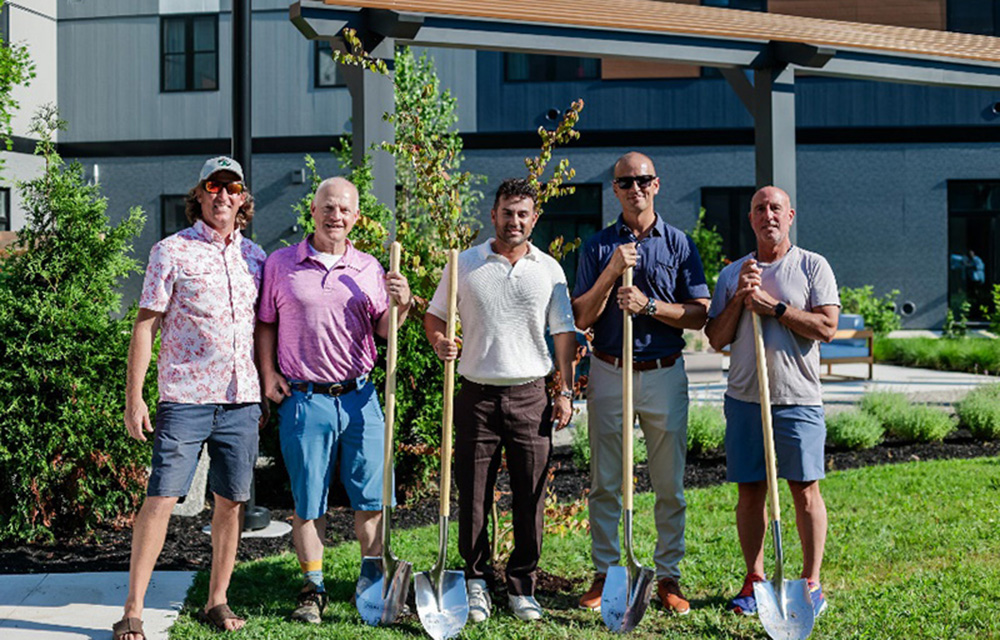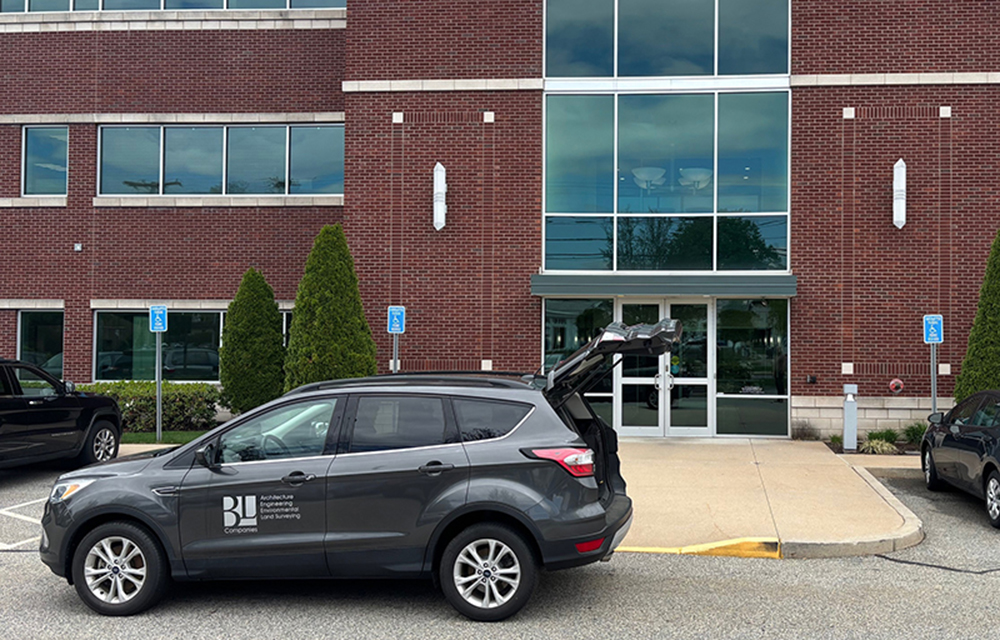News: Construction Design & Engineering
Posted: June 18, 2008
"What's Happened to Common Courtesy in Business"
It's easy to understand the general demise of common courtesy in everyday life, given the world's fast pace and the emergence of the "me first" attitude adopted by so many today. I think it stinks, but I can see the logic behind it. After all, other than being the "right thing" to do, and possibly having others think well of you, where's the payoff?
What I can't possibly comprehend, however, is the lack of courtesy—common and otherwise—in the business world. Don't people realize it's about taking MONEY right out of their pockets? Not smiles, not warm and fuzzy feelings, not good vibes, but the almighty buck!
Let's start with Public Enemy #1. What is the one type of business behavior remembered more negatively than any other? Studies point squarely at unreturned phone calls, and from a personal standpoint, I couldn't agree more. If there is such a thing as stupid, counterproductive business behavior, that's it. Why?
If someone is calling you, there's a reason. It could be as simple as wanting to say hello, or they're trying to sell you something, or they may have information or an opportunity to communicate to you. Even if you're a mind reader who knows exactly what they want, and are not in the least bit interested, call back anyway. It affords you the opportunity to:
a) prove how smart you are by confirming your suspicions, in which case you can be forthright (with courtesy, of course) about your lack of interest, thereby freeing yourself from the necessity of dodging future calls and/or further alienating the individual. If they persist, you can then, in good conscience, ignore them.
b) If for some reason you are unable to make contact with the caller, you may leave a simple message that you called. This puts the ball back in their lap, you've relieved yourself of your obligation, and if it's important enough to them, they'll call back. If they don't, once again, your conscience is clear and you've avoided alienating anyone. Always remember (and this, too, is borne out by studies) that some of the people whose phone calls you try to ignore will tell others about it—including the people you do want to hear from.
There is absolutely no excuse for not returning phone calls!
- If you're "too busy," then it's time to sit down and closely analyze your duties and responsibilities. You're either poorly organized, managing your time unwisely or trying to do too much. Returning phone calls is a requisite part of everyone's job description. The reality is, that by doing it, you are practicing good time management.
- Occasionally (as in once in a great while), returning a call in a timely manner (maximum 48 hours) is a problem. A suggested solution: Have someone else call, acknowledge your receipt of the message and the fact that you are inaccessible until such and such a date, and offer either someone else's attention or a firm commitment as to when you will be in touch. (It goes without saying that you're expected to honor that commitment.)
If you want to enhance your image and reputation as a businessperson, there is no easier way than to simply return all phone calls in a timely manner. That—and that alone—will leapfrog you ahead of the majority of people out in the business world today.
David Wood is a copywriter, newsletter publisher and marketing consultant specializing in the construction industry, Deering, N.H.
MORE FROM Construction Design & Engineering
Reveler Development plants a tree for grand opening of The Eddy
Biddeford, ME According to Reveler Development, The Eddy, a new multi-family community located at 8 Eddy Ave., celebrated its grand opening, following the final phase of

Quick Hits
Columns and Thought Leadership

Ask the Electrician: Is summer a prime time for commercial electrical maintenance?
The answer is “Yes!” While January marks the official new year, many businesses view September as a fresh start. This makes summer an ideal time for commercial property owners to schedule long-term electrical maintenance projects.

Careers in Construction Month focus on training and safety - by Joe Camilo
October is Careers in Construction Month, and rarely has it been more consequential. According to our chapter’s national parent organization, the construction industry needs to attract half-a-million new workers in the coming year to meet demand. Addressing that need is a huge job, but we at ABC MA are trying to do our part.

The design-build advantage: Integrated interior design solutions - by Parker Snyder
When it comes to corporate interior spaces for both commercial and industrial projects, partnering with a design-build firm with in-house interior design services can offer clients many benefits. Unlike traditional delivery methods where interior designers operate independently from the design and construction teams, often creating a longer project timeline as cost negotiations and revisions ensue

The rise of incubators and co-working spaces: The latest in life sciences - by Matt Combs
In recent years, the life science industry has witnessed a shift in how companies operate and innovate. One of the key driving forces behind this transformation is the emergence of incubators and co-working spaces specifically tailored to meet the unique budget and schedule needs of startups.







.png)